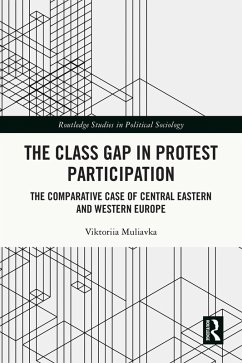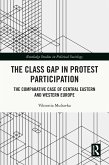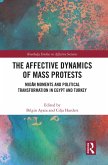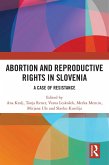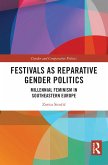In recent decades, mass protests have surged in both frequency and scale, yet there remains a significant variability in citizen involvement in non-electoral politics across Europe. While affluent Western democracies often witness robust civic engagement, countries of Central and Eastern Europe exhibit comparatively limited political participation. This regional gap is particularly pronounced when examining post-socialist workers who show minimal protest activity. Addressing this phenomenon, the book starts from the following question: Why do workers in Central and Eastern Europe demonstrate disproportionately lower rates of protest engagement compared to their Western European counterparts? The study reveals that the answer lies beyond conventional explanations such as legacies of communism. Cross-regional disparities in working-class protest activism are driven by differences in labor protection and left mobilization capacity. These variations stem from the historical context and the economic dependency of post-socialist countries, which create distinct conditions for workers' political engagement in the core and (semi-)periphery.
This book will be of interest to political scientists and sociologists, especially researchers interested in political participation, social inequality, and post-socialist transformations.
Dieser Download kann aus rechtlichen Gründen nur mit Rechnungsadresse in A, B, BG, CY, CZ, D, DK, EW, E, FIN, F, GR, HR, H, IRL, I, LT, L, LR, M, NL, PL, P, R, S, SLO, SK ausgeliefert werden.
Jan Kubik, Professor of Political Science, Rutgers University and University College London
"In 'The Class Gap in Protest Participation,' the author masterfully bridges critical gaps in our understanding of socio-political dynamics and protest movements. Building upon a rigorous analysis, the book unveils the nuanced interplay between class structures and political engagement. Essential for scholars and practitioners alike, it challenges and expands the discourse, offering fresh insights into the mechanics of protest participation. A seminal work, it is indispensable for anyone delving into contemporary social movements and political activism."
Mikolaj Czesnik, Professor of Political Science, SWPS University
"Muliavka's book offers a most needed contribution on the relationship between class and protest participation across CEE and West European regions. In doing so, it succeeds at bringing the structural bases of political conflicts at centre stage, bridging different levels of analysis, and offering a role model for the organization of meaningful empirical research."
Martín Portos, Ramón y Cajal Fellow, Universidad Carlos III de Madrid

